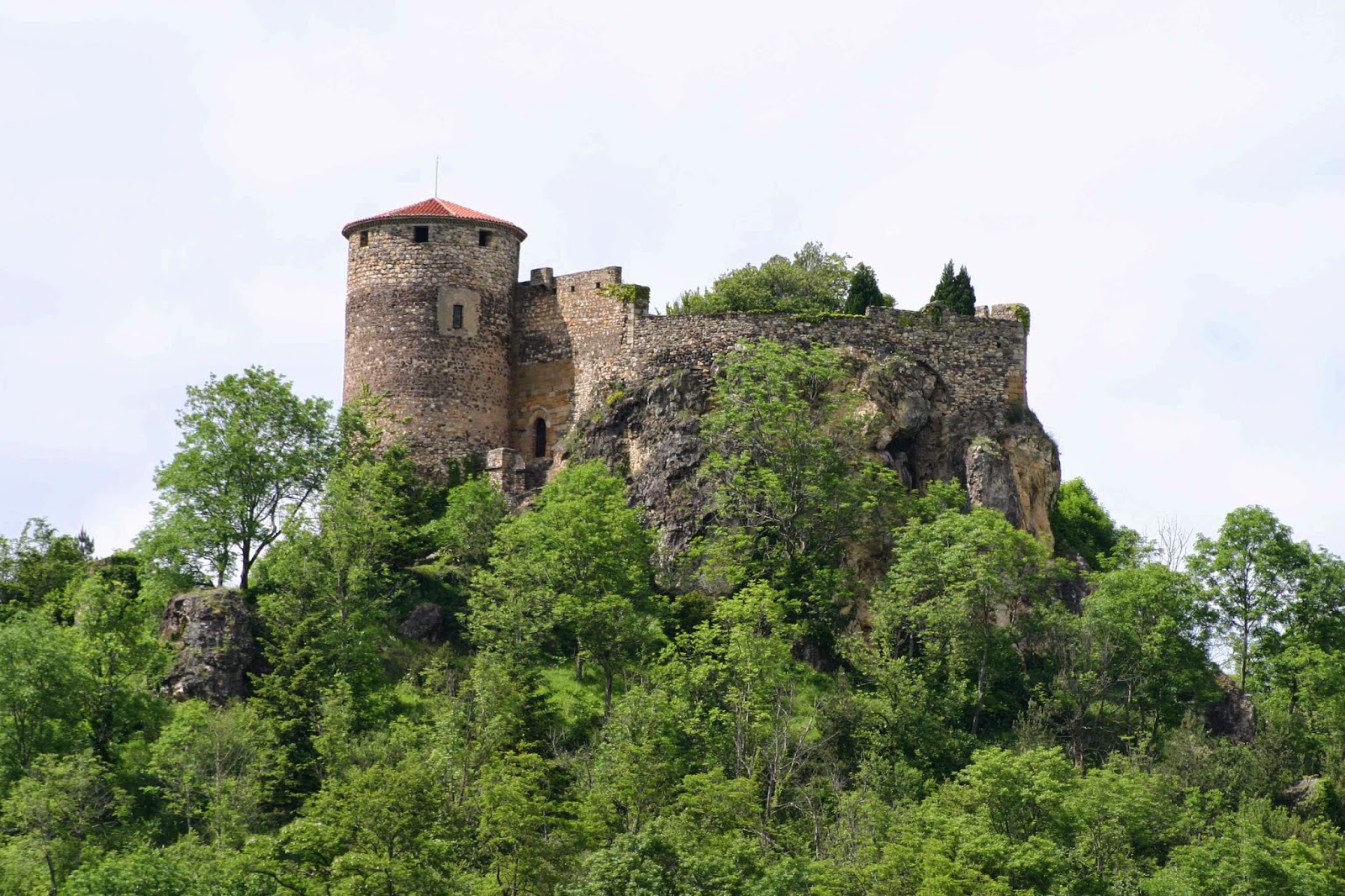Fantasy is now considered a sub genre of science fiction, sometimes dismissed as juvenile or "not really" literature. People like Margaret Atwood who write what sure looks like speculative fiction deny vehemently that they are doing so.
But there is nothing to be embarrassed about in enjoying fantasy (or, for that matter, science fiction). It is after all the world's oldest literature.
Think about what makes fantasy be fantasy (aside from the wizards and dragons). It's about somewhat larger than life characters, having exciting adventures in a world imbued with the marvelous and supernatural. This describes the Epic of Gilgamesh. It describes the Iliad and the Odyssey. For that matter, it describes the Bible.
The authors were able to make strong moral points without being pedantic. One of their repeated points was that even the greatest heroes were flawed, which works better as a theme when the great heroes are larger than life, rather than just ordinary-joes trying to get by.
In the Middle Ages, fantasy took essentially the form it has today, because modern fantasy was created by writers steeped in real medieval literature. (For more on medieval-themed fantasy, click here.) Stories like the Song of Roland, all the King Arthur stories, and the other epics and romances all featured wonderfully brave and strong heroes (usually noble), lovely maidens, and a lot of supernatural feats. Dragons (serpents) and weird monsters also put in an appearance.
Fantasy continued to be a major part of the literature of the early modern period. Many of Shakespeare's plays (think Hamlet or Macbeth or The Tempest) have undoubted fantastic elements. Milton's Paradise Lost is bubbling over with the supernatural. As late as the nineteenth century and Faust (to say nothing of Wagner's Ring operas, based on the medieval Nibelungenlied), authors were happy to include gods, deals with the devil, and amazingly powerful heroes (with flaws).
Only in the twentieth century did mainstream literature decide that "fairy stories" were for children. Tolkien described this as analogous to the adults deciding that the old living room couch would do for the children's playroom, not because it was inherently suited for little ones, but because they were just passing down something they didn't want anymore.
Now, I have read and enjoyed a great deal of modern, essentially realistic fiction. But isn't it more fun to read about wizards than about somebody folding the laundry and wondering if they have enough quarters for the parking meter?
(Click here for further thoughts on fantasy and science fiction.)
© C. Dale Brittain 2015

thanks
ReplyDelete